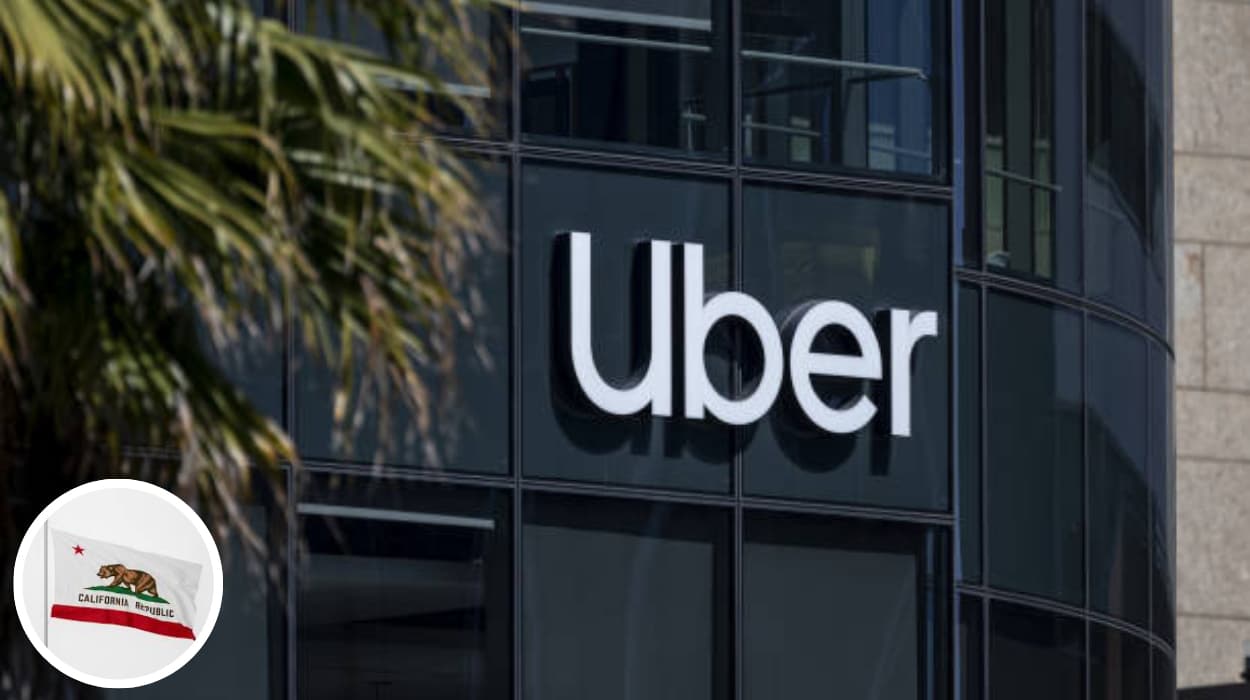Summary
- Uber alleges that a group of California lawyers and a surgeon fabricated client injuries to boost medical claims.
- The accusations include false injury claims by personal injury lawyer Alan Wissner-Gross and multiple others.
- A surgeon named Dr. James Patel is implicated in conducting unnecessary medical procedures to support inflated claims.
- Uber’s legal action aims to combat fraud in medical claims related to its rideshare services.
- The lawsuit brings attention to the broader issue of fraudulent personal injury claims within the rideshare and insurance sectors.
- This case exemplifies ongoing legal battles between rideshare companies and injury lawyers over claims authenticity.
The rideshare industry has increasingly faced scrutiny over the authenticity of personal injury claims, with companies like Uber taking a firm stance against what they describe as coordinated fraud schemes. This latest legal action highlights the growing tension between rideshare companies and segments of the legal and medical community that handle injury claims. By targeting specific lawyers and a medical professional accused of fabricating injuries to inflate medical bills, Uber aims to curb fraudulent practices that not only inflate costs but also threaten the integrity of the legal process surrounding accident claims.
What is the core allegation Uber has made against California lawyers and a surgeon?
Uber, the rideshare giant, has formally accused a group of California-based personal injury lawyers and a surgeon of orchestrating a fraudulent scheme by faking client injuries to inflate their medical claims. According to detailed reports, Uber contends that specific lawyers, including renowned injury attorney Alan Wissner-Gross, collaborated with Dr. James Patel, a surgeon, to generate false evidence of injuries allegedly sustained by Uber passengers and drivers. This fabrication was purportedly aimed at increasing the volume and size of medical claims submitted for compensation.
Who are the key figures implicated in the accusation?
The lawsuit names multiple individuals prominently involved in personal injury law within California. Alan Wissner-Gross, a lawyer with a substantial reputation in personal injury cases, is a central figure. Alongside him, several other attorneys supposedly participated in this scheme. Dr. James Patel, a surgeon, is charged with performing unnecessary medical evaluations and procedures designed to validate injury claims. This medical validation played a pivotal role in justifying inflated compensation demands from Uber’s insurance providers.
Why is Uber pursuing legal action against these individuals?
Uber’s lawsuit is motivated by the need to protect itself and its insurance systems from fraudulent claims, which can result in substantial financial losses. By accusing these lawyers and the surgeon of faking injuries, Uber aims to increase scrutiny and accountability in personal injury claims related to its rideshare operations. The company asserts that such fraudulent activities not only impose significant costs on its business but also undermine the integrity of the legal and medical professions.
How does Uber allege the fraud was carried out?
The fraud allegedly involved lawyers referring clients who may not have been genuinely injured to Dr. Patel, who then conducted superfluous medical procedures and fabricated diagnoses suggesting the severity of injuries. These false medical reports were subsequently used to file claims demanding substantial compensation from Uber’s insurance. Uber's investigation reportedly uncovered patterns of suspicious referrals and medical billing inconsistent with standard injury treatment norms.
What does this accusation mean for the rideshare and personal injury industry?
This case highlights the ongoing tension between rideshare companies and personal injury attorneys. Rideshare firms like Uber are frequently targeted with injury claims, some legitimate and others fraudulent. By exposing alleged fraudulent schemes, Uber underscores the need for rigorous oversight and reforms within the personal injury claim process. The broader implication suggests heightened vigilance and potential legal reforms to address abuse of the system, affecting how injury claims related to rideshare services are handled moving forward.
What are the potential legal and industry implications of Uber’s lawsuit?
Should Uber succeed, this case could set a precedent for aggressively challenging injury claims perceived as fraudulent within the rideshare context. It may lead to increased legal scrutiny of personal injury practices and medical evaluations tied to such claims. Additionally, insurance companies might adopt stricter verification processes for claims involving rideshare accidents. This could discourage fraudulent claims and promote fairer, evidence-based compensation procedures.
How Did Uber Uncover the Alleged Fraudulent Scheme?
Uber’s internal investigations reportedly identified irregular patterns in injury claims linked to specific lawyers and medical professionals. Analysis of referral chains and medical records raised red flags about the legitimacy of injuries being reported. Uber employed forensic data reviews and legal audits to compile evidence of coordinated efforts to inflate claims. This proactive approach reflects the company’s commitment to combatting fraud and protecting its financial and operational interests.
What Are the Reactions from the Accused Parties?
As of now, attorneys involved and Dr. James Patel have not publicly responded to Uber’s allegations. Legal experts suggest such accusations typically lead to vigorous defense strategies, focusing on disproving claims of intentional fraud. The legal battle is expected to unfold over the coming months, potentially involving depositions, discovery, and court hearings to ascertain the veracity of Uber’s accusations.
What Does This Case Reveal About the Broader Issue of Fraudulent Personal Injury Claims?
This lawsuit shines a light on a troubling trend where some personal injury claims, particularly in the rapidly evolving rideshare sector, may be manipulated for financial gain. It exposes vulnerabilities in how injury claims are assessed and compensated, calling for reforms in verifying the authenticity of claims through better collaboration between insurers, legal bodies, and healthcare providers. The case underscores the complexity of balancing genuine injury compensation with preventing exploitation of the system.
Uber’s allegations against California lawyers and Dr. James Patel represent a significant chapter in the ongoing effort to regulate and reform personal injury claims, especially within the context of rideshare services. As courts address these claims, stakeholders across the legal, medical, and insurance industries will closely monitor the developments for implications on future practices.

